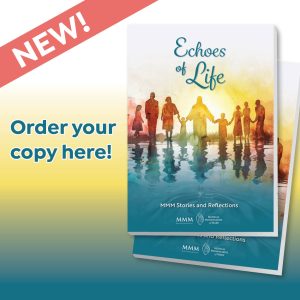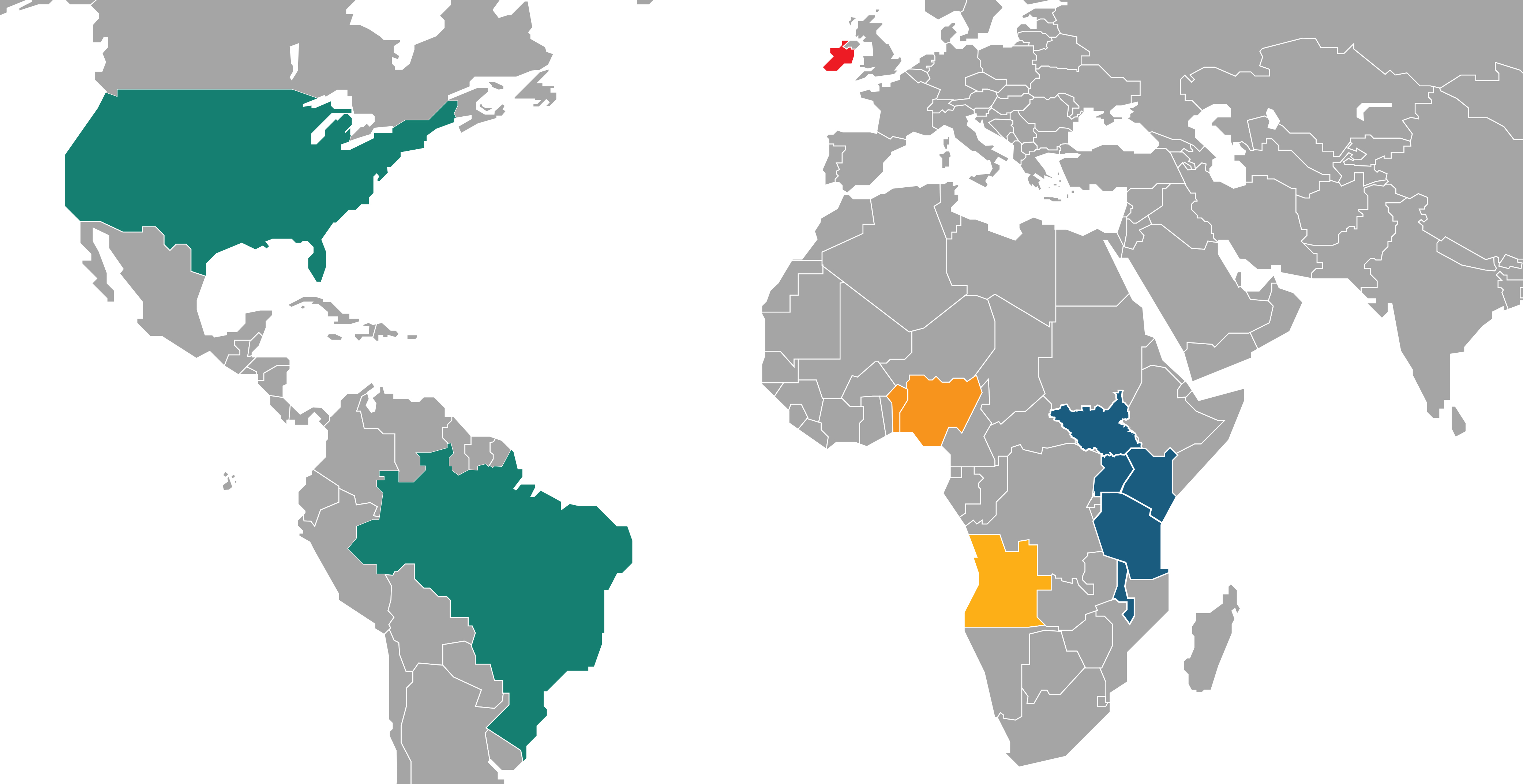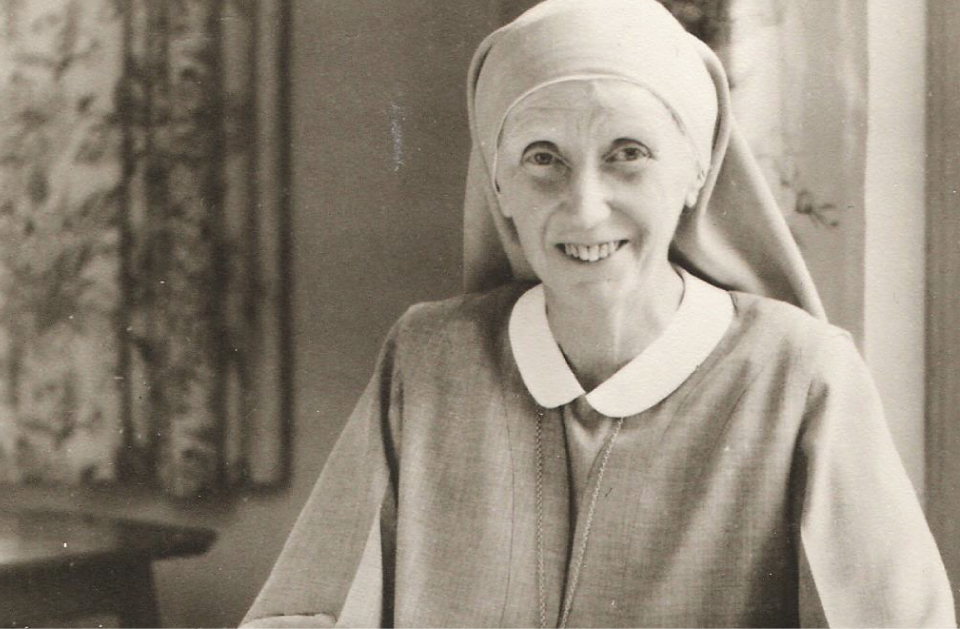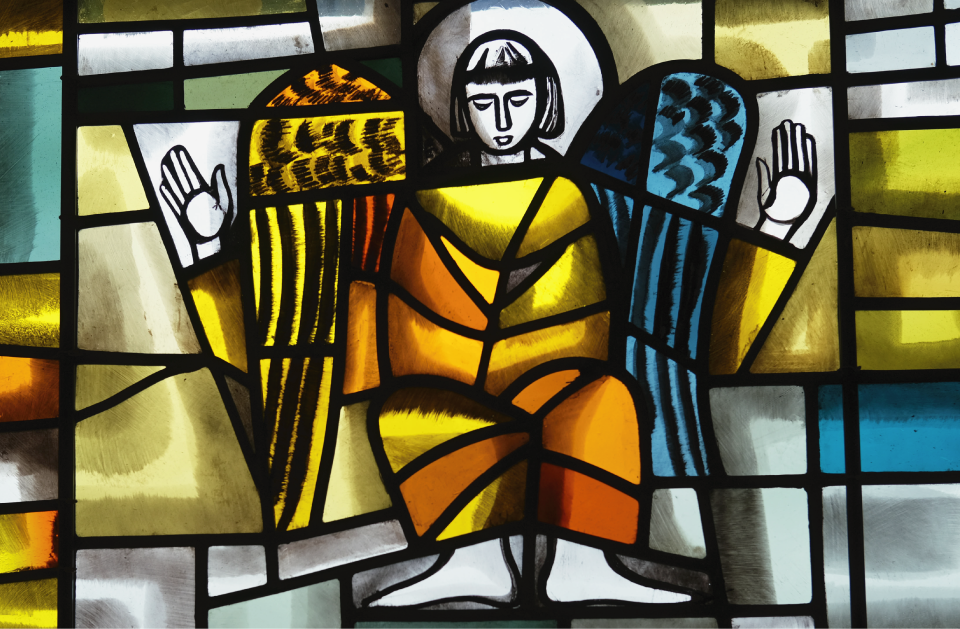Holistic Healing & Health Education
In addition to providing traditional hospital and clinic health services, MMM Sisters are involved in various types of holistic healing and also in providing health education.Open to what serves the needs of the community and the individual best, MMM offers a variety of holistic healing services that patients would otherwise be unable to access.Health education is offered in many ways in areas where the need is unmet by other health care service providers. It is provided in connection with churches, schools, community centres and health centers. Education is provided in areas related to multiple health concerns including AIDS/HIV education, TB clinic, hygiene, sexual education, ante-natal care, disease prevention and safety measures.We MMMs work with the local community to address the specific needs of the people. In many parts of the world some diseases still play a large role, different from other areas. It is possible that in the poorer slums there is no public sanitation at all and the spread of disease is a major concern. In many areas the local people may be unable to read or have access to digital technology to learn basic steps for health education or self care. MMM goes to where the people are and brings health education to them as needed.




